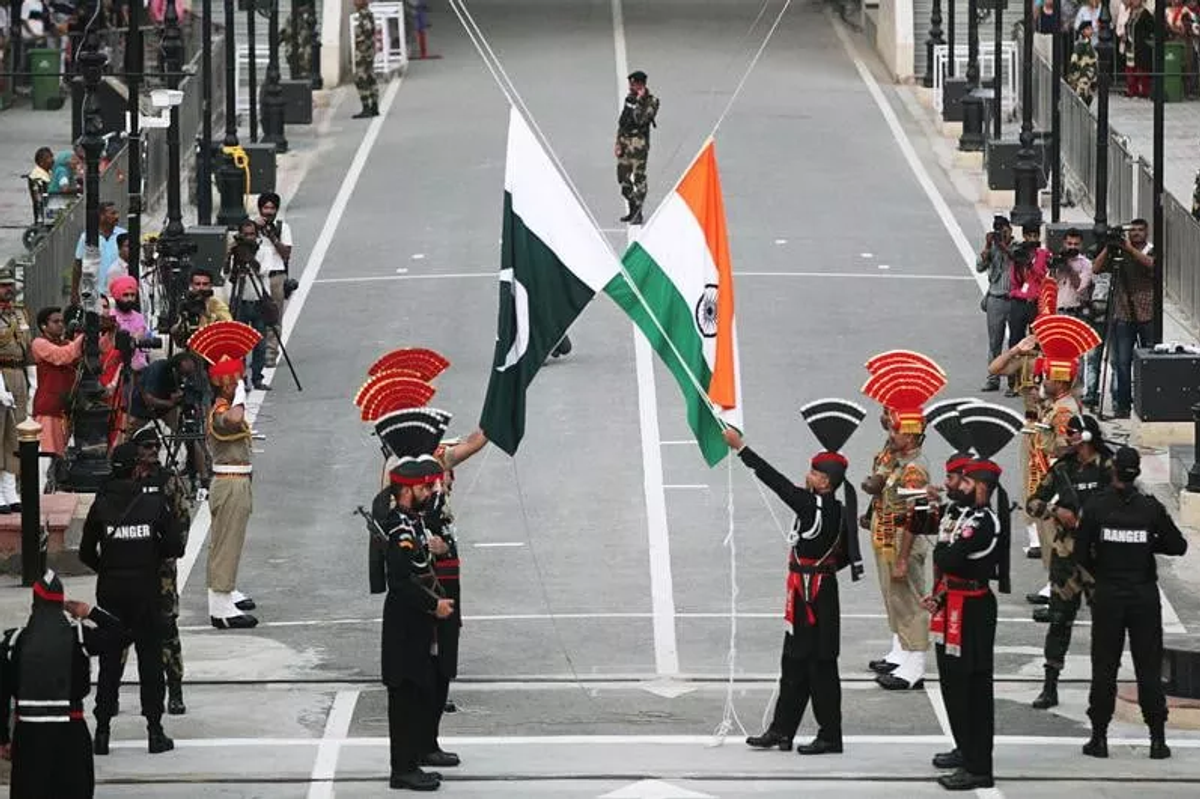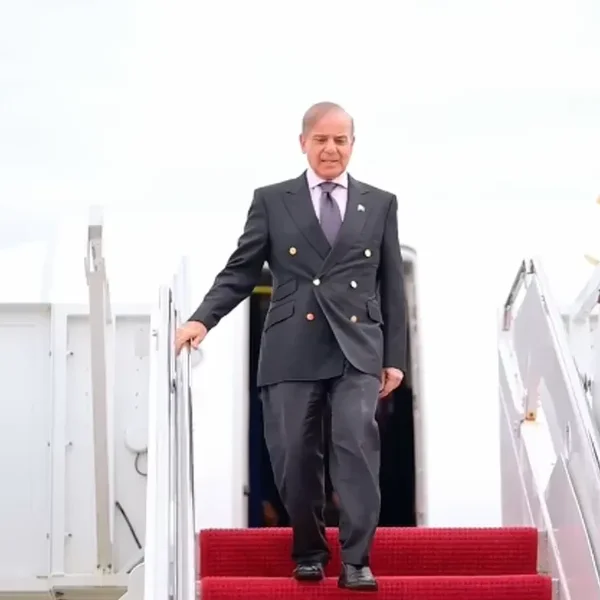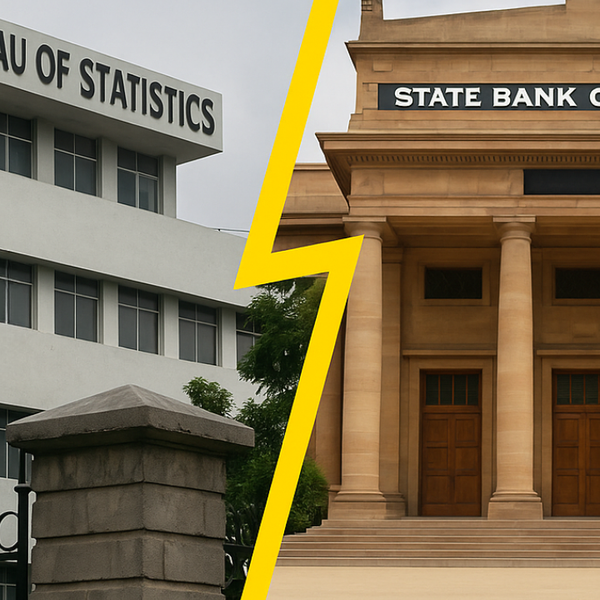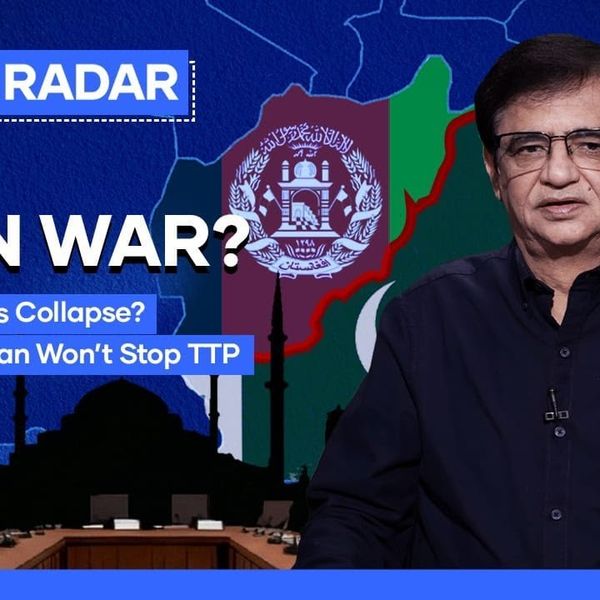News Desk
The News Desk provides timely and factual coverage of national and international events, with an emphasis on accuracy and clarity.

Pakistan has expressed concern over recent remarks by Indian Prime Minister Narendra Modi regarding the Indus Waters Treaty, urging India to uphold its treaty obligations and avoid rhetoric that could inflame regional tensions.
In a statement issued Wednesday, the foreign ministry said: “Pakistan urges India to return to the core principles of international order including respect for sovereign rights of others and its treaty obligations, as well as restraint in both language and action. Jingoism may stir applause on the campaign trail, but it undermines long-term peace and stability.”
The ministry described Modi’s comments as “inflammatory” and said using water — a shared, treaty-bound resource — for political messaging was a “troubling departure from international norms.”
What did Modi say?
Speaking at a political rally in the Indian state of Gujarat, Modi claimed that under the 1960 Indus Waters Treaty, India was restricted from clearing sediment in dams on rivers in Indian-administered Kashmir, which has reduced reservoir capacity.
“I haven't done anything yet, and people are already sweating there [in Pakistan]. We have opened small gates for cleaning the dams, and there is already a flood there,” Modi said, referencing recent dam maintenance operations.
India holds treaty in abeyance
Just two days after an attack in Indian-administered Kashmir that left 26 tourists dead, India announced the suspension of the the treaty.
Brokered by the World Bank in 1960, the Indus Waters Treaty allocates the eastern rivers (Ravi, Beas, Sutlej) to India and the western rivers (Indus, Jhelum, Chenab) to Pakistan, while allowing limited uses by each side under strict terms.
Despite wars, political upheavals, and cross-border tensions, the treaty has endured for more than six decades, often cited as a rare case of sustained India-Pakistan cooperation.
Regional backdrop
This diplomatic exchange comes against a backdrop of longstanding India-Pakistan tensions, including over Kashmir, cross-border militancy, and recent sharp rhetoric on both sides.
Analysts caution that introducing sensitive resource issues like water into political narratives could make regional reconciliation even more difficult.










Comments
See what people are discussing